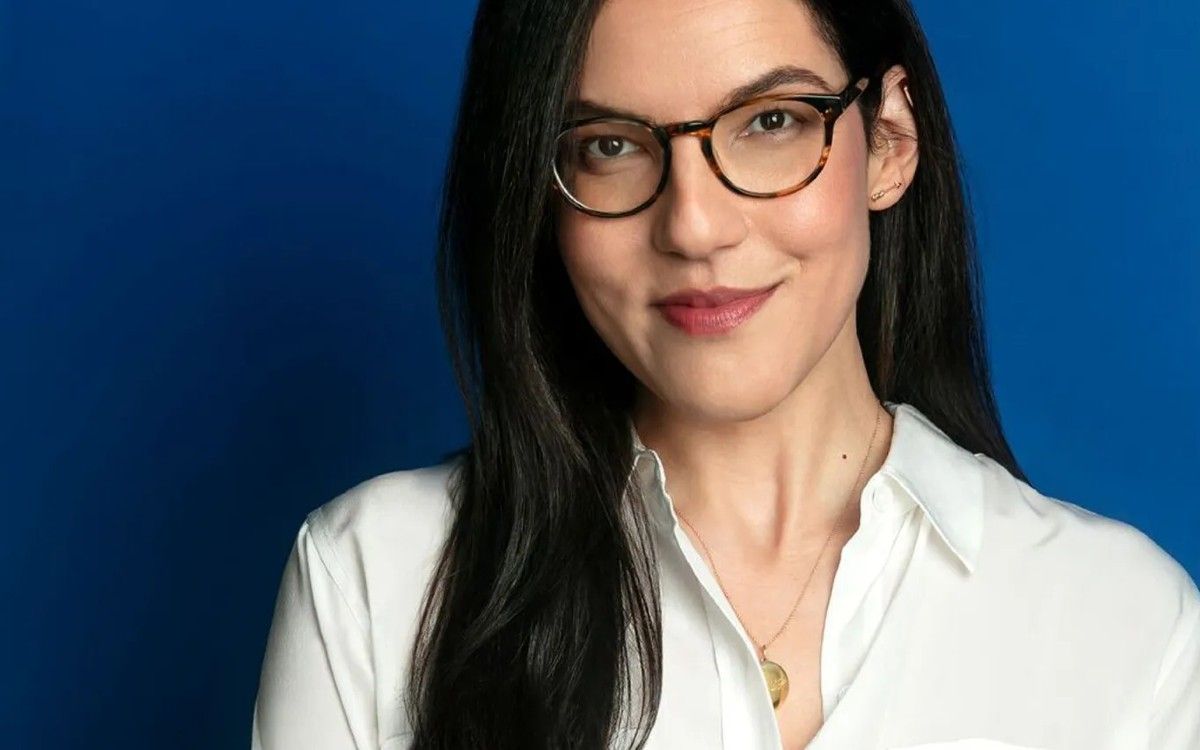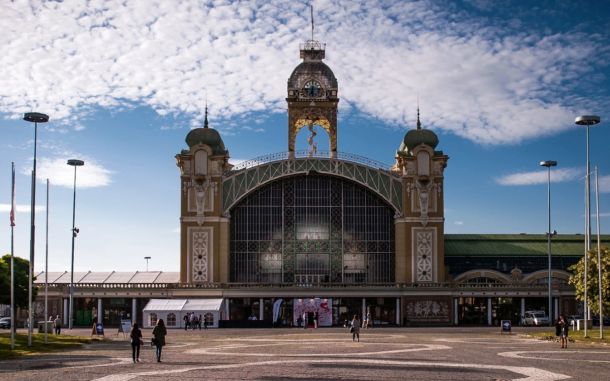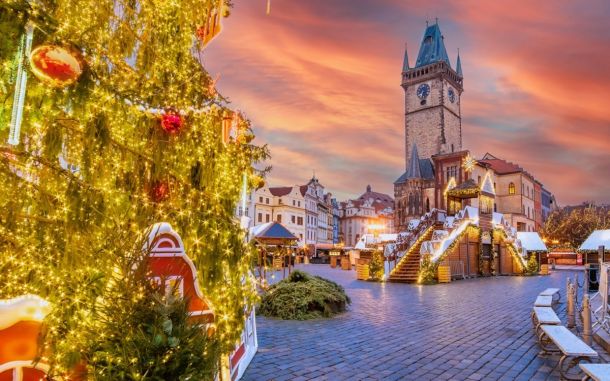The 10 best books of 2022 – Part 1

1. Getting Lost by Annie Ernaux
“The quality that distinguishes Ernaux’s writing on sex from others in her milieu is the total absence of shame,” This biography describes a tumultuous 18-month love affair between Ernaux and a married Russian diplomat that started in Leningrad in 1988 and continued in Paris, according to The Guardian. The second book by Ernaux inspired on the relationship is Getting Lost, which was published in translation this year. The first book, Simple Passion, was a flimsy, memoir-like novel (1991). Ernaux, who recently received the Nobel Prize in literature, is a big literary figure in France and is now in her 80s. Her writing on sex is clear, provocative, and sparse. Getting Lost is, writes The New York Times, “a feverish book… about being impaled by desire, and about the things human beings want, as opposed to the things for which they settle.”
2. Nightcrawling by Leila Mottley
Nightcrawling was immediately a New York Times bestseller after Leila Mottley, then 20 years old, was named the youngest-ever nominee for the Booker Prize. The narrative is based on a real-life incident from 2015 that involved Oakland police brutality, corruption, and sexual exploitation. The novel’s central character is 17-year-old Kiara Johnson, a protagonist who is “one of the toughest and kindest young heroines of our time,” says the Guardian. “Restlessly truth-seeking, Nightcrawling marks the dazzling arrival of a young writer with a voice and vision you won’t easily get out of your head.” Nightcrawling is, says iNews, “an extraordinarily moving debut”.
3. After Sappho by Selby Wynn Schwartz
After Sappho imagines the lives of a number of important women, artists, and authors from the past through a sequence of vignettes. They include Colette, Josephine Baker, Virginia Woolf, and Sarah Bernhardt, all of whom faced challenges and fought for justice and freedom. According to the Irish Times, After Sappho “delivers on its own promise with great stylistic power and verve”. The Guardian says:”[With] sentences crisply flat yet billowing easily into gorgeous lyricism… [After Sappho] is a book that’s wholly seduced by seduction and that seduces in turn.”
4. Our Missing Hearts by Celeste Ng
This dystopian novel, from the author of the 2017 bestseller Little Fires Everywhere, is set in a post-crisis US of surveillance and book-banning, where children are compelled to be separated from their parents, and where people, especially Asian-Americans, are criticized for engaging in “un-American” behavior. Twelve-year-old Bird’s mother, a well-known Chinese-American poet, vanished three years prior, leaving him to live with his father, a gifted linguistics professor who is forced to stack books at a library. Bird’s search for her leads him to a clandestine group of librarian resistance fighters and to information about the abducted children. “Ng’s own masterful telling of this tale of governmental cruelty and the shadow armies of ordinary citizens who both facilitate and resist is its own best testimony to the unpredictable possibilities of storytelling,” writes NPR, while Vogue called Our Missing Hearts “an unwaveringly dark fairy tale for a world that has stopped making sense”.
5. The Seven Moons of Maali Almeida by Shehan Karunatilaka
The fascinating tale of a war photographer who mysteriously wakes up dead, ostensibly in a celestial passport office, is told in The Seven Moons of Maali Almeida, which was shortlisted for the Booker Prize. He has seven moons in the afterlife, surrounded by ghouls, to get in touch with the people he loves the most. The novel “fizzes with energy, imagery and ideas against a broad, surreal vision of the Sri Lankan civil wars” say the Booker judges. The Guardian says the novel “recalls the mordant wit and surrealism of Nikolai Gogol’s Dead Souls or Mikhail Bulgakov’s The Master and Margarita… Karunatilaka has done artistic justice to a terrible period in his country’s history.”
6. The Colony by Audrey Magee
“The Colony contains multitudes – on families, on men and women, on rural communities – with much of it just visible on the surface, like the flicker of a smile or a shark in the water,” writes John Self in The Times. The novel portrays one summer on a small island off the coast of Ireland. Two separate visitors – an artist and a linguist, both seeking to capture the truth and essence of the place – force the islanders to question their own values and desires. “Austere and stark,” writes the Financial Times, “The Colony is a novel about big, important things.”
7. The Last White Man by Mohsin Hamid
Hamid, the author of The Reluctant Fundamentalist (2007) and Exit West (2017), a book that was nominated for a Booker Prize, uses a deft plot device from Kafka’s Metamorphosis to creatively explore the issues of race and racism through the character of Anders, a white man who lives in a small US town and discovers that his skin has changed color one morning. Violence and unrest break out in the streets as Anders starts to experience difficulty in his life and relationships, and as more and more people do the same. “For a novel that explores the functions and presumptions of racism, The Last White Man is a peculiarly hopeful story,” writes The Washington Post. The Last White Man is “a short novel of very long sentences” that is, writes The Guardian, “[a] strange, beautiful allegorical tale… compellingly readable and strangely musical, as if being recounted as a kind of folktale to future generations.”
8. Trust by Hernan Diaz
“A genre-bending, time-skipping story about New York City’s elite in the roaring ’20s and Great Depression,” is how Vanity Fair describes Trust by Hernan Diaz, who was a Pulitzer finalist for his 2017 novel In the Distance. A storied New York couple has achieved the pinnacle of a universe of seemingly limitless wealth, but at what cost? In Diaz’s book, conflicting stories are put in conversation with one another, creating a puzzle that examines how truth may be manipulated by those in positions of power. Longlisted for the Booker Prize, Trust is a “surprising, engrossing and beautifully executed novel,” says the Irish Times, that “confirms Diaz as a virtuoso of storytelling”.
9. Best of Friends by Kamila Shamsie
Best of Friends, the sixth book by the renowned Pakistani-British author of Home Fire (2017) and A God in Every Stone (2014), examines the complexities of friendship through the lives of two very different women, lifelong friends Maryam and Zahra. They are shown in the beginning of the book as teens in Karachi in the 1980s; afterwards, they are depicted as successful forty-somethings living in London with sharply divergent political opinions. Their bond is tested when upsetting memories from the past reappear. “It’s the deep-rooted and complicated bond between the two women that keeps us turning the pages,” writes The Spectator. The Observer called it: “an epic story that explores the ties of childhood friendship, the possibility of escape, the way the political world intrudes into the personal, all through the lens of two sharply drawn protagonists.“
10. Booth by Karen Joy Fowler
Booth, by popular novelist Karen Joy Fowler, who also wrote We Are All Completely Beside Ourselves, is a Booker-shortlisted novel about six siblings and an injustice that tears them apart. The Booth siblings, each with their own goals and conflicts to face, grow up in 1830s rural Baltimore as the Civil War approaches. One of them, Johnny, decides to assassinate Abraham Lincoln, which alters the course of history. “In its stretch and imaginative depth, Booth has an utterly seductive authority,” says The Guardian. The novel, says The Literary Review, “captures with enthralling vividness a country caught in the grip of fanatical populism, ripped apart by irreconcilable political differences and boiling with fury and rage… An unalloyed triumph”.





Leave a Reply
You must be logged in to post a comment.